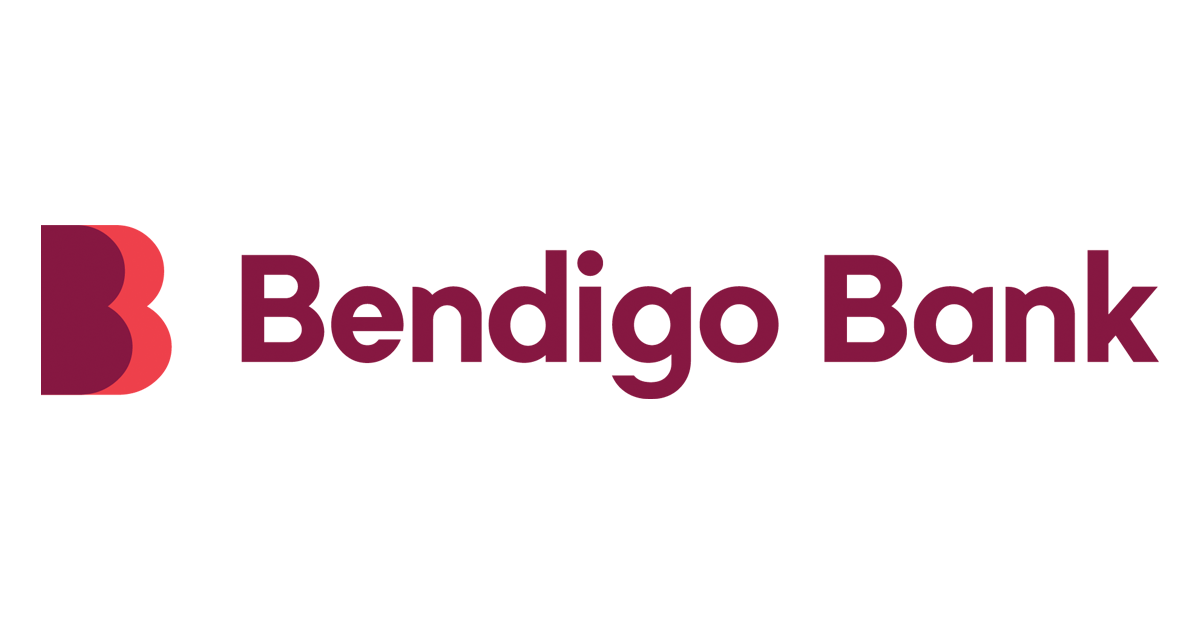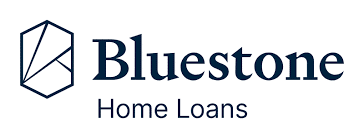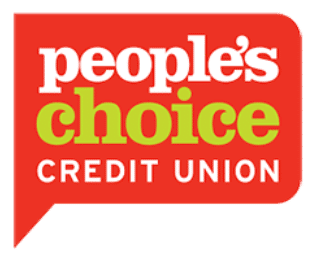Applying for a home loan can be a daunting prospect, especially if you’ve never done it before. It’s important to understand, though, that knowing what to expect, getting your ducks in a row before you apply and getting help from the right people can be the difference between buying your dream home or missing out.
Roughly 45,000 Australians are approved for a home loan every month, according to the Australian Bureau of Statistics (ABS). The question you’re probably asking yourself is “what does it look like to be one of those 45,000?”
How to apply for a home loan with Savvy
-
Get a quote and complete our online application form
Start by filling out our home loan enquiry form. This lets us know some basic information about you and the home loan you want, including how much you want to spend on your house, your deposit, the type of property you’re buying and whether it’s for you or an investment.
-
Send through the required documents
As part of your application, we’ll need you to send through a few documents. This is so that we (and your lender) can verify certain aspects of your profile, such as your identity, income, expenses, assets and liabilities. These documents allow us to start matching you with lenders on our panel.
-
Have a chat with one of our home loan experts
Once we have all the information we need, your broker will get to work comparing offers from our partnered lenders. They’ll work out the best deal available for you and give you a call to discuss your situation and options.
If you’re happy with the deal that they’ve found for you, your broker can go ahead and continue the process with them. This starts with pre-approval if you don’t already have your house secured, but they’ll skip this step and move straight into the formal process if you do.
-
Receive home loan pre-approval
Pre-approval is a crucial step in the home loan application process. It gives you a firm idea of your budget and the interest rate you’re likely to receive. With pre-approval in hand, you can view houses in your price range and make offers on places with confidence. Real estate agents and vendors will see you as a serious buyer when you have the backing of your lender’s pre-approval.
-
Find your home and secure the purchase
This is the big one: locking in your home purchase. Once you make the winning bid or the highest offer on your place, the wheels start turning on your home loan. Just remember that pre-approval lasts for up to 90 days, so you’ll need to renew it if it takes longer than three months to buy your home.
One important thing to note is that it’s a major risk signing a contract of sale without having a professional conveyancer or solicitor review it first. They can make sure that there aren’t any gremlins hiding in your contract.
-
Have your formal application prepared for you
Let your broker know ASAP that your contract of sale has been signed and they’ll get to work preparing all the required documentation for your application.
They’ll send you through any documents you’ll need to review and/or sign, as well as let you know about anything you’ll need to submit yourself. Your lender will also have your property valued as part of this process.
Compared to other loan application processes like personal, car or business loans, it’ll take longer for your application to be formally approved. Many home loans take up to a month to process and approve, so patience is key.
-
Receive unconditional approval
Once everything is ticked off by your lender, you can be formally approved. Your broker will be in touch with you throughout the process and will let you know when your lender has given you the green tick. You’ll be sent a home loan offer by your lender once unconditional approval has been granted.
-
Sign all the required documents and settle the mortgage
All that’s left to do now is settle the loan. This is where a conveyancer can come in handy, as they’ll look after the title transfer into your name and registration of the mortgage on the property. You’ll need to sign the final documents and return them to your lender, after which point your lender can transfer the funds to your vendor.
Once that’s all done, the property is yours! You’ll start paying off your loan a week, fortnight or month after you apply, depending on the frequency you choose.

What a mortgage broker does for you
"It doesn’t matter whether you’re buying for the first time, ready to switch homes or you’re refinancing. Your mortgage broker is with you every step of the way. While the number of documents you’ll need to provide might feel overwhelming, this allows us to get your application in front of as many lenders as possible. Each bank has different lending criteria, so while some might not care about your bank statements, others will need six months."

The documents you’ll need when applying for your home loan
Identity documents
The exact documents and points allocation can change depending on who you apply with, but ID is generally split into primary and secondary identification. Here are some examples of each one:
Primary ID
- Current Australian passport
- Current foreign passport
- Current Australian driver’s licence
- Proof of age card
Secondary ID
- Birth certificate
- Citizenship certificate
- Medicare card
- Recent phone or utilities bill or council rates notice
Proof of income documents
Your lender will also need to see evidence of your income and finances. They’ll ask for the following:
- Your last two consecutive payslips
- Between three and six months of transaction and savings account statements
- Your year-to-date (YTD) and/or last one to two full years’ tax returns if you’re self-employed
- Business profit and loss statements (for self-employed)
Proof of assets and liabilities
Any assets you own will need to be accounted for, as well as any liabilities (outstanding debts) currently in your name. Here are some examples that fit into one of these categories:
Assets
- Property
- Cars or other vehicles
- Equipment or machinery
- Investments, such as bonds and shares
- Savings
Liabilities
- Outstanding loans
- Current mortgage
- Credit cards
- Buy now pay later (BNPL) and cash loan debts
- Study loans
What to do before you apply for a home loan
Before you dive head first into the application process, though, it’s important to establish a few things first:
- Build your deposit: perhaps the most important part of buying your home is saving up your deposit. This will help dictate what price range you’re able to buy in, whether that’s a cheaper property with a smaller loan, a more expensive one with a larger mortgage and small deposit (and potentially LMI) or enough to cover your stamp duty.
- Take stock of your finances: the lead-up to applying for your home loan is the perfect time to review your finances and see where money can be saved. If you have other loans outstanding, including HELP or other study loans, paying them down as much as possible will help maximise your borrowing power.
- Think about how much you can borrow (and afford): entering the application process with no idea of what you might be able to borrow could give you a shock. You can work out a rough estimate of how much you can afford by using a free online borrowing power calculator.
- Review your credit file: it’s worth taking a look at your credit file to see if there are any errors on there that could impact your home loan. If you find any, you can contact the credit provider responsible or, failing that, the credit reporting agency itself to have it rectified.
Why apply for a home loan with Savvy
Help throughout the process
You'll be matched with an experienced mortgage broker who'll handle all the hard work for you from start to finish.
Trusted lenders
With a panel of reputable mortgage lenders, you can rest assured you'll be comparing high-quality options with your broker.
Paperless quote process
You can fill out a simple online quote via our form without having to worry about sorting through heaps of paperwork.
How long does it take to apply for a home loan?
The actual process of completing your home loan application and having it formally approved can take place between five and ten business days (and sometimes less). This includes a day or two for you and/or your broker to prepare and submit the application itself, up to a week for a property valuation to be arranged and completed and an extra few days for your lender to make their final determination.
The part of buying a house that takes the longest is the settlement of the purchase. This usually takes between four and six weeks after you’re approved for your home loan.
When do I find out how much I can borrow for a home loan?
Your pre-approval will give you a pretty clear idea of how much your lender is willing to lend you. This happens right at the start of the home loan process, which allows you to shop around in your price range with confidence. Provided there haven’t been any major changes to your life or finances between pre-approval and your formal application, it’s unlikely that your non-conditional approval will be too different.
Borrowing power is based on a variety of factors related to you and your profile, as well as lender-specific criteria. Some of the main things lenders will look at here are:
- Your income and expenses: the more you earn, the more you’re likely to be able to afford. However, what goes in must be balanced with what comes out in the form of regular expenses like groceries, utilities, school fees and general shopping habits.
- Your outstanding debts: any other loans or similar products you’re paying off will eat into your borrowing power. This can include car or personal loans, HELP or other study loans, credit cards and buy now pay later (BNPL) accounts. Even having the credit facility open without anything owing can eat into your borrowing power significantly.
- Your savings: alongside your transaction account statements that show your financial habits, lenders will want to see your savings account statements to show that you’re a disciplined enough saver to manage a home loan.
- Your credit history: positive credit behaviour, especially with repaying other loans on time and in full, will help your chances of approval for a larger sum. Things like late payments and defaults on your file will reduce your borrowing capacity, increase your credit and, in some cases, rule you out from getting a loan entirely.
- Your assets: owning assets like a vehicle, another property or investments like shares can all play a role in determining your borrowing power.
How is applying for a home loan with a mortgage broker different to applying on my own?
Most Australians these days use mortgage brokers, with the Mortgage and Finance Association of Australia (MFAA) reporting that almost 77% of all residential properties were sold with the help of a broker in the March Quarter of 2025. Why are they so popular? Here are the key differences:
- A mortgage broker will compare options from their lender panel, rather than requiring you to do this yourself.
- Because of their existing relationships with lenders, mortgage brokers may be able to secure a better deal for you than you’d manage on your own.
- They’ll serve as the intermediary between you and your lender, keeping track of your application for you and letting you know if they need anything from you.
- Your broker will prepare all the paperwork on your behalf and ensure everything is suitable for submission to your lender.
- Some brokers may charge a fee for their services, which may be built into your home loan fees, but others will receive a commission from the lender.
You can see that mortgage brokers take a fair bit of the work out of your hands. If you’re considering whether to go with a broker, you’ll have to balance the advantages of doing so with some of the potential drawbacks, such as the partial ceding of control over your choice of lender.
- Lending indicators: June Quarter 2025 - Australian Bureau of Statistics
- Home Guarantee Scheme - Housing Australia
- Mortgage broker market share reaches new peak - Mortgage and Finance Association of Australia






















